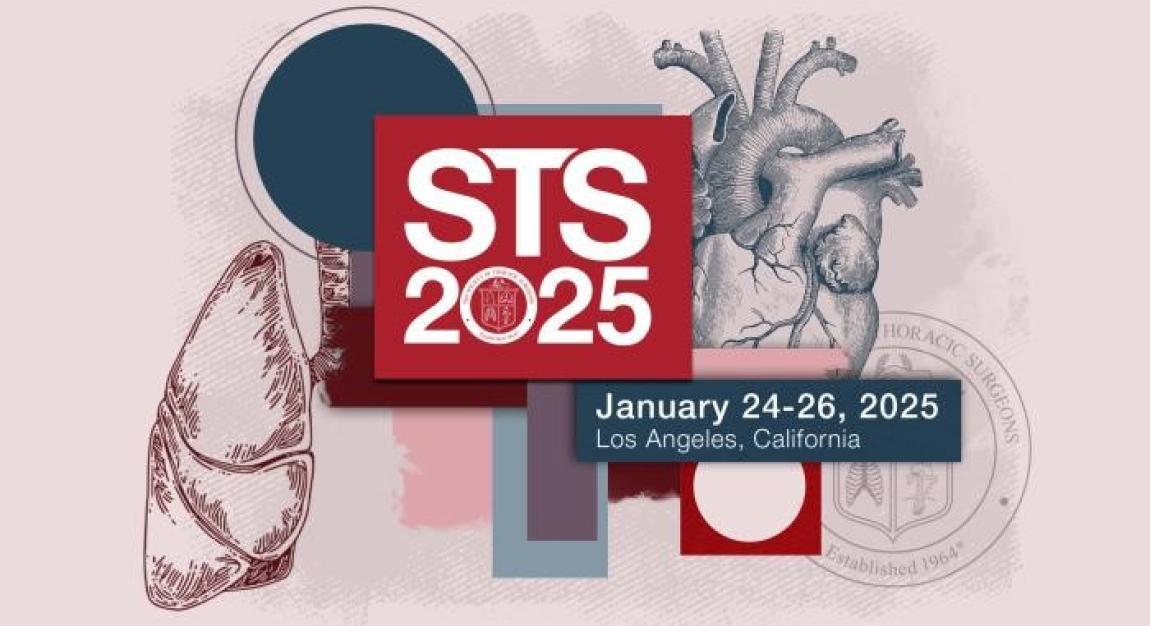During the Saturday, Jan. 25 presentation of the James S. Tweddell Memorial Paper for Congenital Heart Surgery, Reilly Hobbs, MD, from the University of Utah Medical Center will explore the relationship between the volume of Norwood procedures performed at a center and patient outcomes based on findings from the National Pediatric Cardiology – Quality Improvement Collaborative Database study.

The Norwood procedure, a critical surgery for infants with single ventricle defects, has been extensively studied, but findings on how case volume affects outcomes have been inconsistent. This study examines data that clarifies the relationship between center case volume and survival and morbidity in patients undergoing this complex surgery.
In presenting the findings of the study, Congenital Heart Surgery, Volume-Outcome Relationship of Norwood Procedures: Insights from the National Pediatric Cardiology – Quality Improvement Collaborative Database, Dr. Hobbs will explain how centers were grouped based on their annual case volume—low, medium, and high—and how preoperative risk factors, complications, and survival outcomes were compared. He will also highlight how patients at high-volume centers had better outcomes than those at low-volume centers, including higher survival rates and lower mortality, particularly among patients with additional high-risk features.
“The findings indicate that the number of Norwood procedures performed at a center significantly impacts patient outcomes with high-volume centers consistently achieving better results than low-volume centers,” says Dr. Hobbs. “It’s essential to emphasize the role of case volume in complex congenital heart surgeries and explore the potential benefits of directing high-risk patients to more experienced centers. Further research is needed to identify the key factors that contribute to improved outcomes at high-volume centers, ultimately enhancing care for single ventricle patients.”
